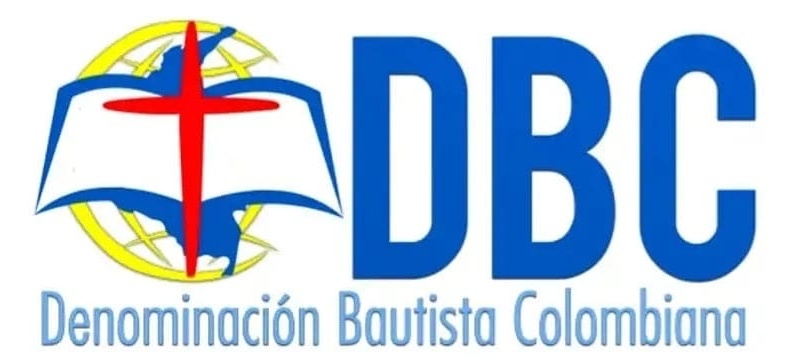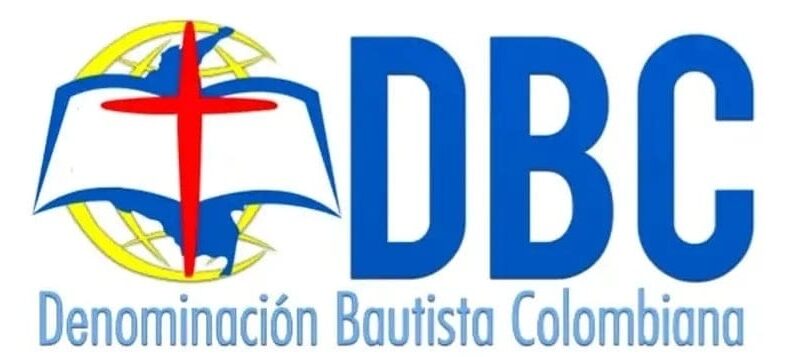Can You Play Crossy Road Gambling Game with Different Currencies?
The Rise of Mobile Gambling: Crossy Road’s Unique Approach
In recent years, mobile gaming has become increasingly popular among players around the world. One game that has managed to stand out from the crowd is Crossy Road, a simple yet addictive endless runner developed by Hipster Whale. https://crossyroadgame.net However, what makes this game truly special is its connection to the world of gambling.
For those who may not be familiar with the game, Crossy Road allows players to win virtual currency, such as coins or cash, while navigating their character through increasingly difficult obstacles on a grid-based map. These rewards can then be used to purchase in-game items, power-ups, or even unlock special characters. But can you play this game with different currencies? And more importantly, what exactly does it mean to "gamble" in Crossy Road?
Understanding the Concept of Currency and Currencies
In order to fully grasp the concept of playing Crossy Road with different currencies, we need to first understand what is meant by currency. In the context of gaming, a currency can be thought of as any virtual or real-world item that holds monetary value within the game world.
In most online casino games and slots, this would typically refer to the various denominations available for wagering. For example, in slot machines, you might have options such as $0.01, $0.05, or $1 per spin. Similarly, in table games like roulette or blackjack, the minimum bet might be $5.
In Crossy Road, however, the concept of currency is more nuanced. The game has a wide range of virtual currencies available, each with its own set of rules and restrictions. Players can earn these currencies by completing specific challenges, achieving milestones, or even buying them outright using real-world money (more on that later).
The Role of In-App Purchases in Crossy Road
In-app purchases are a crucial aspect of many mobile games, including Crossy Road. These transactions allow players to acquire virtual items, power-ups, and other in-game goodies using their credit card or PayPal account.
The question remains: can you play Crossy Road with different currencies? From the perspective of in-app purchases, the answer is yes. Players are free to buy any currency they want from the in-game store, regardless of which one they already possess.
However, there’s a catch: each in-game item has its own value and rarity level, influencing how much it costs and what benefits it provides to your gameplay experience. This means that some currencies may be more suitable for certain purchases than others, depending on your specific needs and preferences.
For instance, if you’re looking to buy new characters or outfits, the premium currency "Gold" might be a better choice due to its high demand and scarcity level in-game. On the other hand, if you want to grab some power-ups or boosters for a short-term advantage, you could opt for one of the more affordable currencies like coins.
Real-World Money Transactions and Currencies
As mentioned earlier, players can buy virtual currencies using real-world money through in-app purchases. While it may seem counterintuitive to spend actual cash on fake money within a mobile game, this concept has become increasingly popular among gamers worldwide.
However, there’s an important distinction between playing Crossy Road with real-money transactions and other forms of online gambling: the former doesn’t involve wagering or risking actual funds in exchange for potential winnings. Instead, you’re simply purchasing in-game items that hold virtual value within the game world.
So can you play Crossy Road with different currencies when using real-world money? In a sense, yes – but only to the extent that you choose which currency to buy from the in-game store. This isn’t exactly "gambling" as we typically understand it; rather, it’s more akin to exchanging one form of virtual cash for another.
Debating the Line Between Gaming and Gambling
One aspect worth exploring further is the gray area between gaming and gambling within Crossy Road. While some might argue that spending real money on in-game items constitutes a form of wagering or risk-taking, others would counter that these transactions are simply optional and don’t involve any potential losses.
The truth lies somewhere in between: as long as you’re aware of the costs involved (both financial and social) when making purchases using real-world funds, it’s ultimately up to each individual player to decide whether they want to spend their money on Crossy Road or not.
In this context, playing with different currencies doesn’t necessarily mean "gambling" in the classical sense. Rather, it means having a wider range of choices available for acquiring and utilizing virtual items within the game world.
Player Psychology: Addiction and Spending Habits
Another crucial aspect to consider is how players interact with Crossy Road’s currency system. Research has shown that people often exhibit addictive behavior when engaging in games or activities involving rewards, social status, or instant gratification – all of which are present within this title.
Furthermore, numerous studies have demonstrated the psychological factors driving spending habits on mobile games and in-game purchases, such as FOMO (fear of missing out), the desire for novelty, and a basic human tendency to seek novelty and excitement. These elements combined create an environment where players might over-spend or develop unhealthy attachments to certain currencies.
However, this raises more questions than answers: should we consider Crossy Road’s currency system as "gambling" due to its ability to induce player addiction? Or can we differentiate between a harmless mobile game and a platform that genuinely poses risks?
To address these concerns, it’s essential to maintain an open dialogue with the gaming community about responsible spending habits and individual awareness of their own behavior. By acknowledging both the potential benefits and pitfalls associated with in-game purchases, players can better navigate Crossy Road’s vast array of currencies.
Conclusion
In conclusion, playing Crossy Road with different currencies is indeed possible – albeit with certain limitations and context-specific meanings depending on whether you’re using real-world money or not. While it may blur the lines between gaming and gambling, this aspect of the game offers an interesting case study in how virtual economies can foster engagement, creativity, and social interaction among players.
Ultimately, as we continue to explore new forms of entertainment and leisure activities through mobile gaming, we must prioritize awareness, education, and responsible behavior when it comes to making financial transactions or engaging with platforms that may involve real-world risks.

